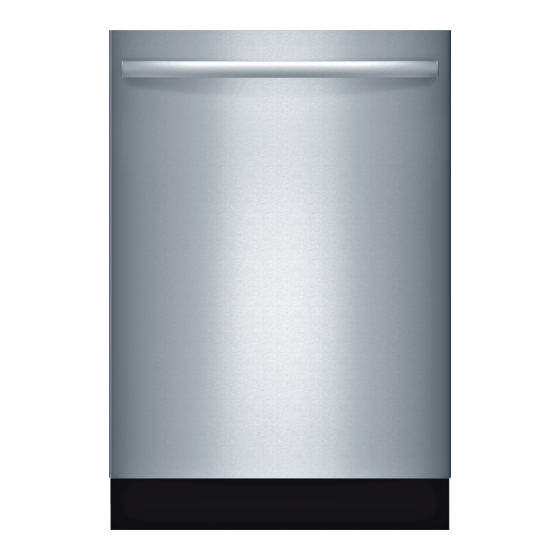Bosch DISHWASHER Panduan Petunjuk Pengoperasian - Halaman 30
Jelajahi secara online atau unduh pdf Panduan Petunjuk Pengoperasian untuk Mesin pencuci piring Bosch DISHWASHER. Bosch DISHWASHER 38 halaman. Dishwasher bosch
Juga untuk Bosch DISHWASHER: Petunjuk Penggunaan Manual (30 halaman), Panduan Petunjuk Instalasi (34 halaman), Panduan Petunjuk Pengoperasian (30 halaman), Panduan Petunjuk Pengoperasian (28 halaman), Panduan Petunjuk Pengoperasian (30 halaman), Panduan Petunjuk Pengoperasian (42 halaman), Petunjuk Penggunaan Manual (32 halaman), Petunjuk Penggunaan Manual (36 halaman), Petunjuk Penggunaan Manual (30 halaman), Panduan Petunjuk Pengoperasian (24 halaman), Petunjuk Penggunaan Manual (26 halaman), Petunjuk Penggunaan Manual (40 halaman), Petunjuk Penggunaan Manual (28 halaman), Petunjuk Penggunaan Manual (29 halaman), Panduan Petunjuk Pengoperasian (28 halaman), Panduan Petunjuk Pengoperasian (28 halaman), Petunjuk Penggunaan Manual (28 halaman), Panduan Petunjuk Instalasi (50 halaman), Panduan Petunjuk Instalasi (20 halaman), Instruksi Pengoperasian (24 halaman), Petunjuk Pengoperasian (36 halaman), Panduan Petunjuk Pengoperasian (25 halaman), Panduan Petunjuk Pengoperasian (46 halaman), Petunjuk Penggunaan Manual (31 halaman)

